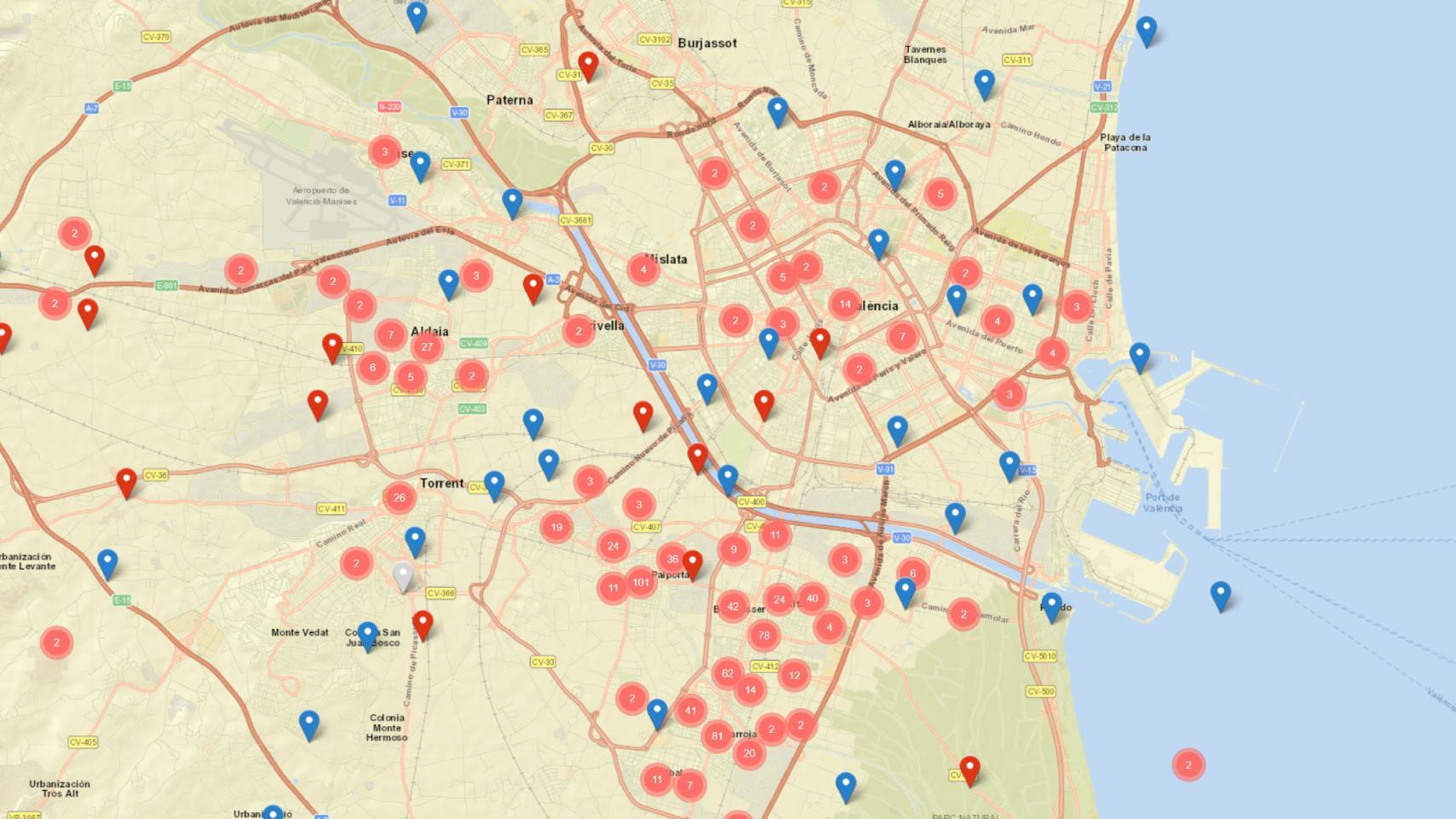You receive a message or scan a QR and in just a few steps you can lose a few hundred dollars. This is the goal of scammers, who design scams that, although known in many cases, can be enough to fool almost anyone.
We have compiled the five big scams that are multiplying these months and which in some cases are even linked to Apple, so tend to be more dangerous for users with an iPhone. This way you can not only be aware, but also inform the most vulnerable around you.
The false fine pending from the DGT


I recently shared how, this summer, I was about to fall for a scam that was about just that. It’s basically a message that supposedly comes from the DGT and informs you of a pending fine. Of course, there is no lack of the attached link to access the “DGT site” and make the payment in order to save us money. Of course, the quotes are not accidental.
Needless to say, the link the scammers are linking to is not a DGT website. They use a technique that the Civil Guard has with fines that are deducted for rapid payment, but they never report it by SMS and even less attach links. And that’s why it’s important delete these messages and ignore them completely. If you have doubts about possible fines, the real DGT website will be able to inform you.
The alleged lack of space in iCloud


The fact that Apple offers barely 5 GB of space in iCloud is a compelling reason for many of us to opt for an iCloud+ rate that ranges from 0.99 dollars per month for 50 GB to 12 TB for 59, 99 dollars per month. This frequent lack of space invites some fraudsters to send emails pretending to be Apple and informing that we have almost no space.
This well-known scam can be more or less elaborate. There are times when this can really give the impression that it is Apple, although we have already warned you that Apple never sends communications of this type by email (yes in the settings of iPhone). What they all have in common is that they sell the fear of losing photos and other files under the guise of providing a link to purchase more space in iCloud. Of course, this is a fake website and we should not access it.
The urgency of the bank to modify our data


Example of Scammers’ Ability to Design Websites
Whether by SMS or callThere is a typical scam if there is one and it is the one in which our bank (spoiler: it’s not really them) alerts us of a problem with our account. An unauthorized payment, absence of certain important data…
There are many excuses they can make, but always under the pretext that we provide them with key information, whether it’s bank account credentials or our card numbers. In these cases, it should always be ignored and If in real doubt, contact the bank through its trusted channels. Unfortunately, we have experienced close casualties.
The Madrid transport pass scam


It’s probably the most dangerous scam due to its complexity to detect. In most cases, we observe certain tendencies to ask us for certain information or to use already widespread excuses such as the need to verify our information or to make payments. In this one it is better hidden.
As we already warned a few months ago, on some social networks they are starting to appear publications of the Madrid Metro or other transport entity announcing the possibility of renewing the transport ticket online. And they don’t promise discounts or anything weird. Therefore, everything suggests that it is real, but the Madrid Metro itself has reported that it is false and it is known that what the scammers are looking for is your money, allegedly renewing the subscription on a scam website and keeping your money.
The dangerous QR on the street


We ended up with a scam that seems harmless. And indeed, it is only an appearance. QRishing techniques have been multiplying for some time, which are nothing other than scams linked to the scanning of a QR code. And this is dangerous because in some cases they can look like seemingly normal codes.
To see more clearly, an example. A few months ago, mysterious QR codes appeared on Madrid’s municipal cycle network. They were beaten by crooks in order to confuse the victims and that they thought that by scanning them they were accessing the payment platform for the rental of these vehicles. And nothing could be further from the truth, since these were fraudulent gateways and they conclude with extreme caution not to scan codes of dubious origin, especially if they are on the street.
In Applesfera | Permanently block work calls on your iPhone with these two methods
In Applesfera | Apple Passwords: What it is, what it does, and how secure is the new iOS 18 and macOS 15 app
Table of Contents









